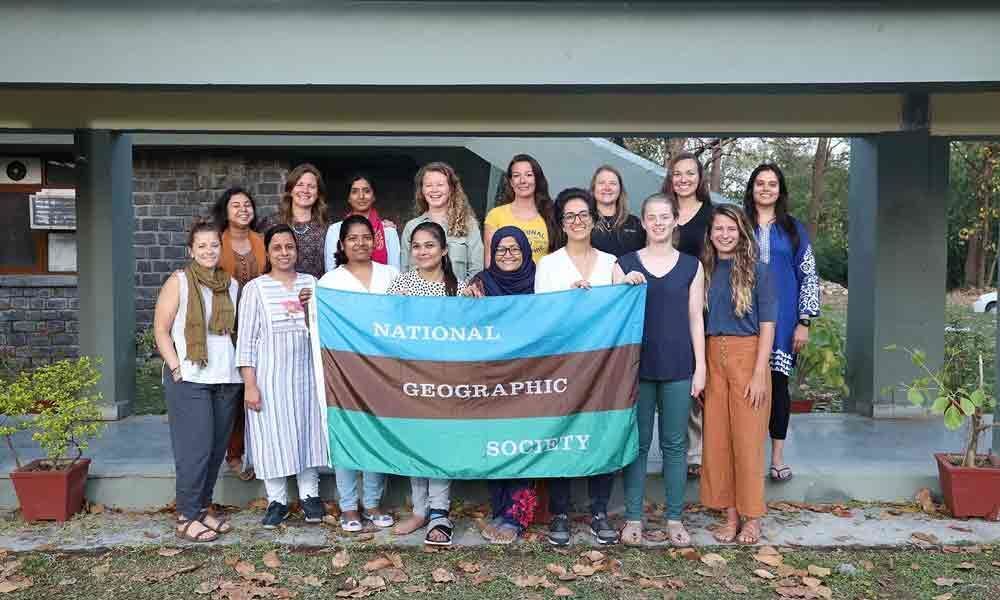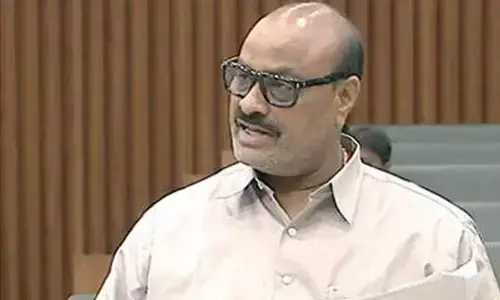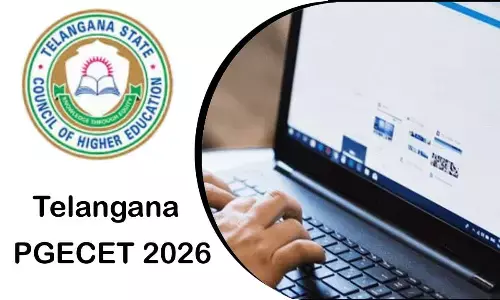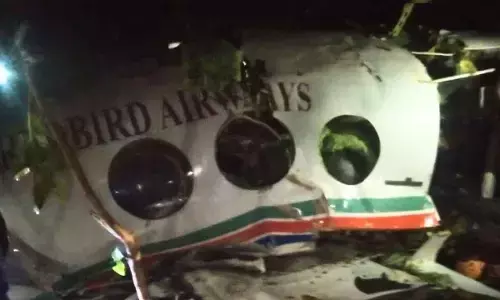National Geographic to launch Sea to Source expeditions
 National Geographic to launch Sea to Source expeditions
National Geographic to launch Sea to Source expeditions"Sea to Source: Ganges" an international all-female expedition to study plastic pollution in one of the world's most iconic waterways, is part of National Geographic's journey to better understand and document how plastic waste travels from source to sea and to fill critical knowledge gaps around its flow, load and composition.
Launched in partnership with the Wildlife Institute of India (WII), the University of Dhaka and WildTeam, the expedition will "offer a unique and unprecedented opportunity to scientifically document plastic waste in a watershed and develop holistic and inclusive solutions", a statement said.
"Single-use plastic waste is a menacing global issue. The ocean is clogged with an estimated 9 million tonnes of plastic every year and rivers play a significant role in this problem as they act as conveyor belts for plastic debris flowing into the ocean," the statement added.
"Sea to Source: Ganges" is the first of several international river expeditions planned as part of National Geographic's 'Planet or Plastic?' initiative that aims to significantly reduce the amount of single-use plastic that reaches the ocean. After an initial expedition to the Ganges this spring, the team plans to replicate the expedition after the monsoon to capture seasonal variations.
The 15 scientists and engineers, co-led by National Geographic Fellows Jenna Jambeck and Heather Koldewey, will work with international partners to provide science-based, actionable information to build capacity for local solutions. As part of its commitment to reduce plastic pollution from entering the ocean, the team aims to be environmentally friendly and single-use-plastic-free throughout the expedition.
"We are optimistic and excited about the partnership with the National Geographic Society, which builds upon the major initiative currently being undertaken by the scientists and researchers of WII for the aBiodiversity Conservation and Ganga Rejuvenation' project under the National Mission for Clean Ganga," said Dr. Vinod Mathur, director of the Dehradun-based WII.
The project is also supported by the University of Dhaka and the Center for Advanced Research in Sciences under guidance from Professor G.M. Bhuiyan and Professor Md. Anwarul Islam. "The University of Dhaka is happy to collaborate with National Geographic on this important project," said Professor Md. Akhtaruzzaman, vice chancellor of the University of Dhaka. "We look forward to working with the expedition team to help reduce plastic pollution in our region and beyond."
The expedition will focus on plastic pollution in three key areas: land, water and people. The team working on the land portion will collect data on the input and use of plastic in communities, and how waste is collected and managed, and will quantify the movement and type of plastic in the environment.
The water team will study plastic pollution in the air, water, sediment and species in and around the river. The socio-economic team will survey local communities along the expedition route to better understand awareness and perceptions of plastic pollution, household plastic waste management and local solutions for addressing this issue. During the expeditions, the team will work with local stakeholders to translate its scientific findings using storytelling to raise awareness about plastic pollution and drive behavior change.
This is the largest ever all-female National Geographic expedition; the first time there has been a four-dimensional comprehensive investigation of the plastic pollution issue at this scale across sediment, water, air and land; and the first time this interdisciplinary team has integrated innovative technology to better understand plastic waste and inform solutions," the statement said.










